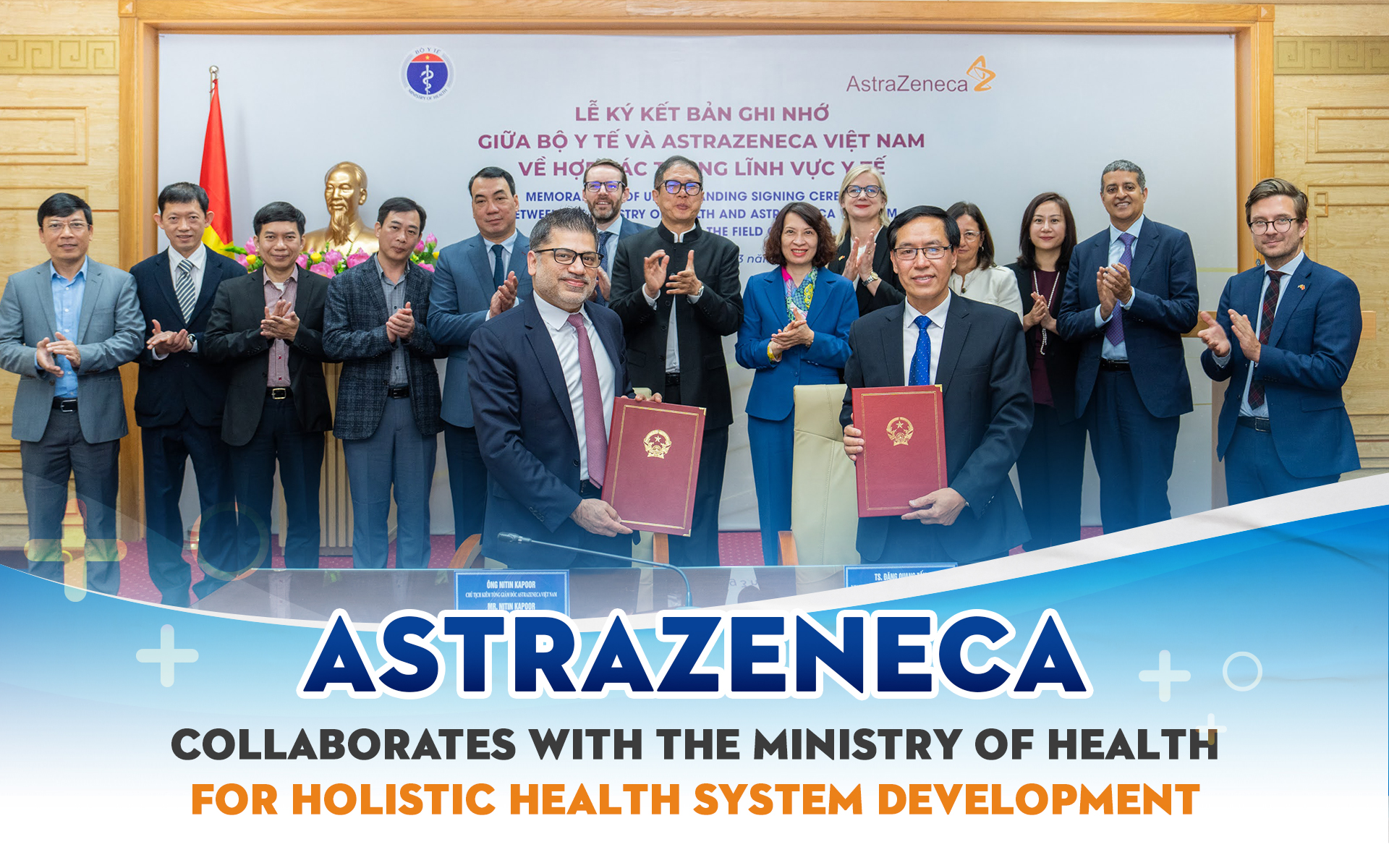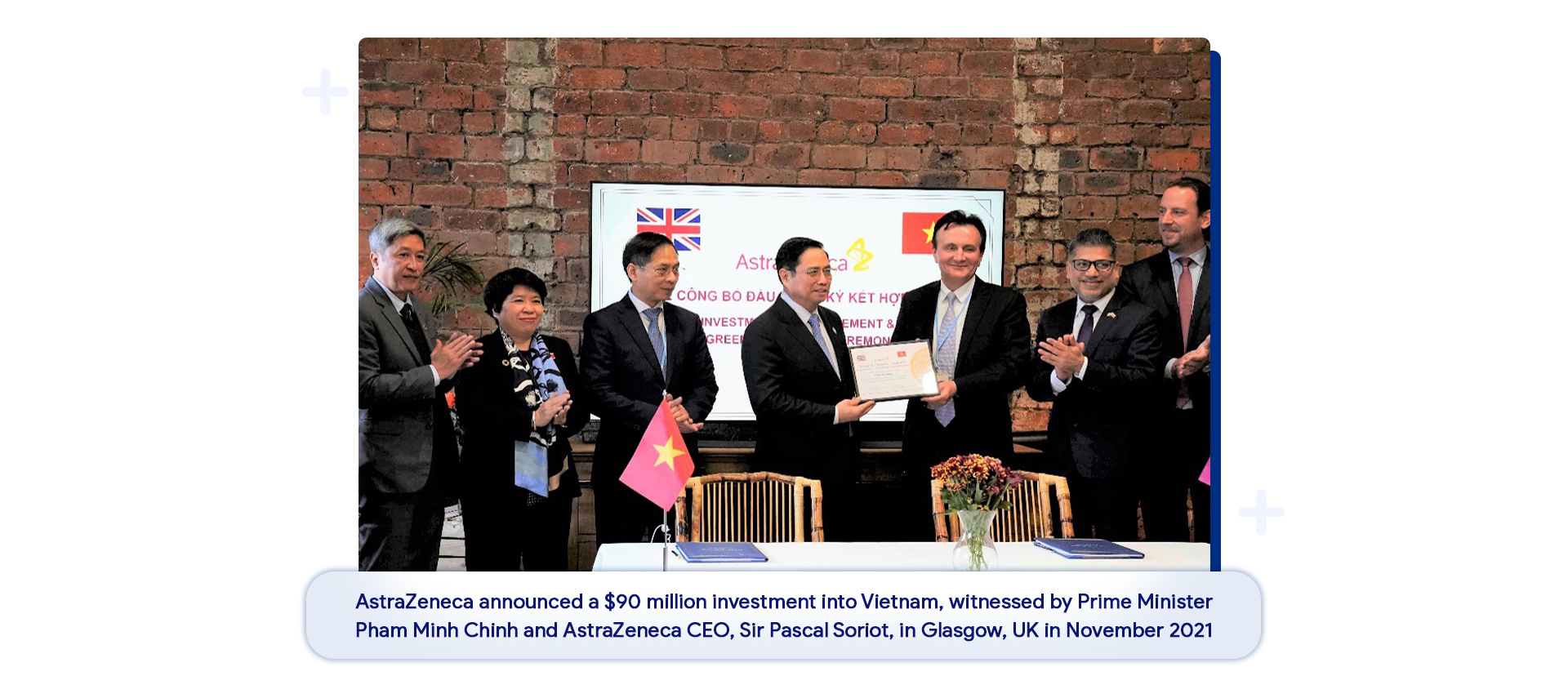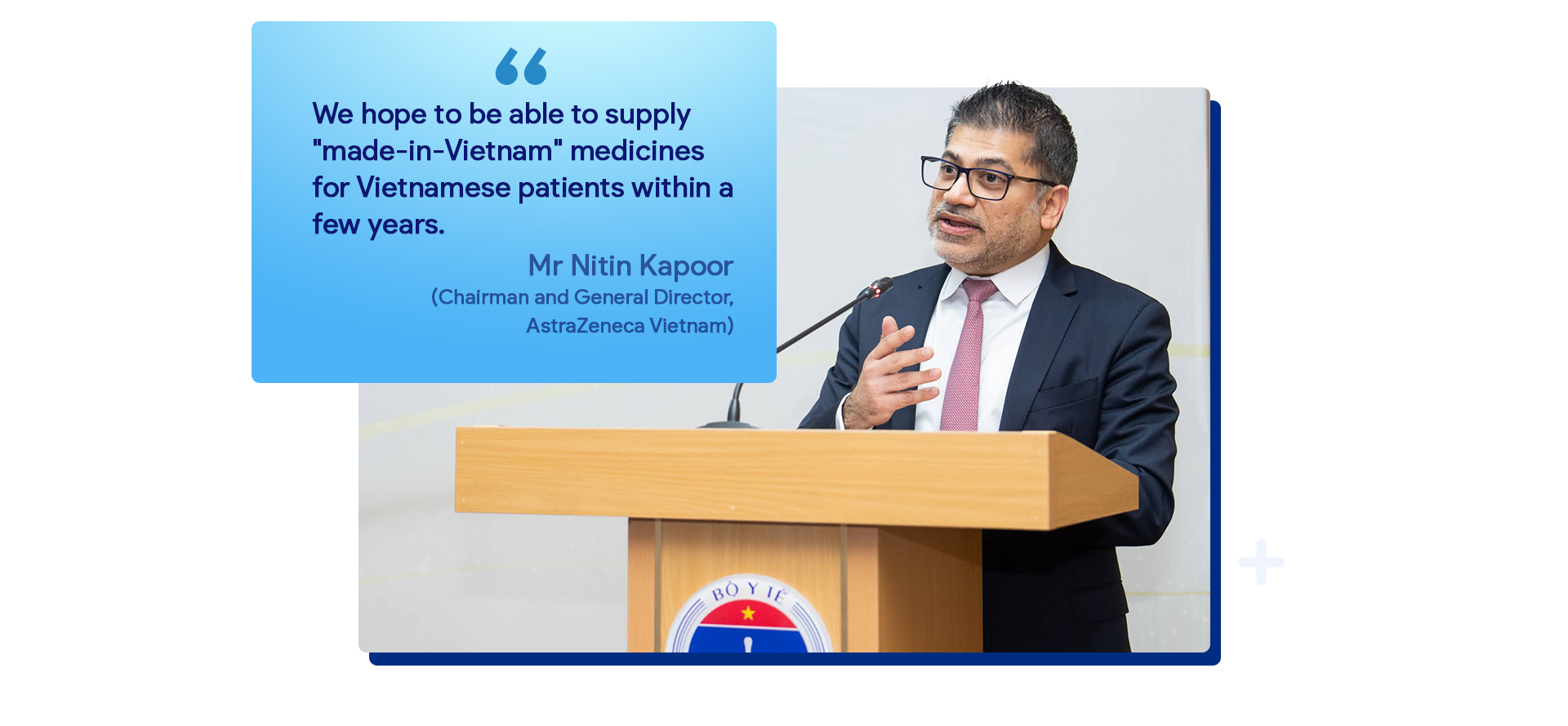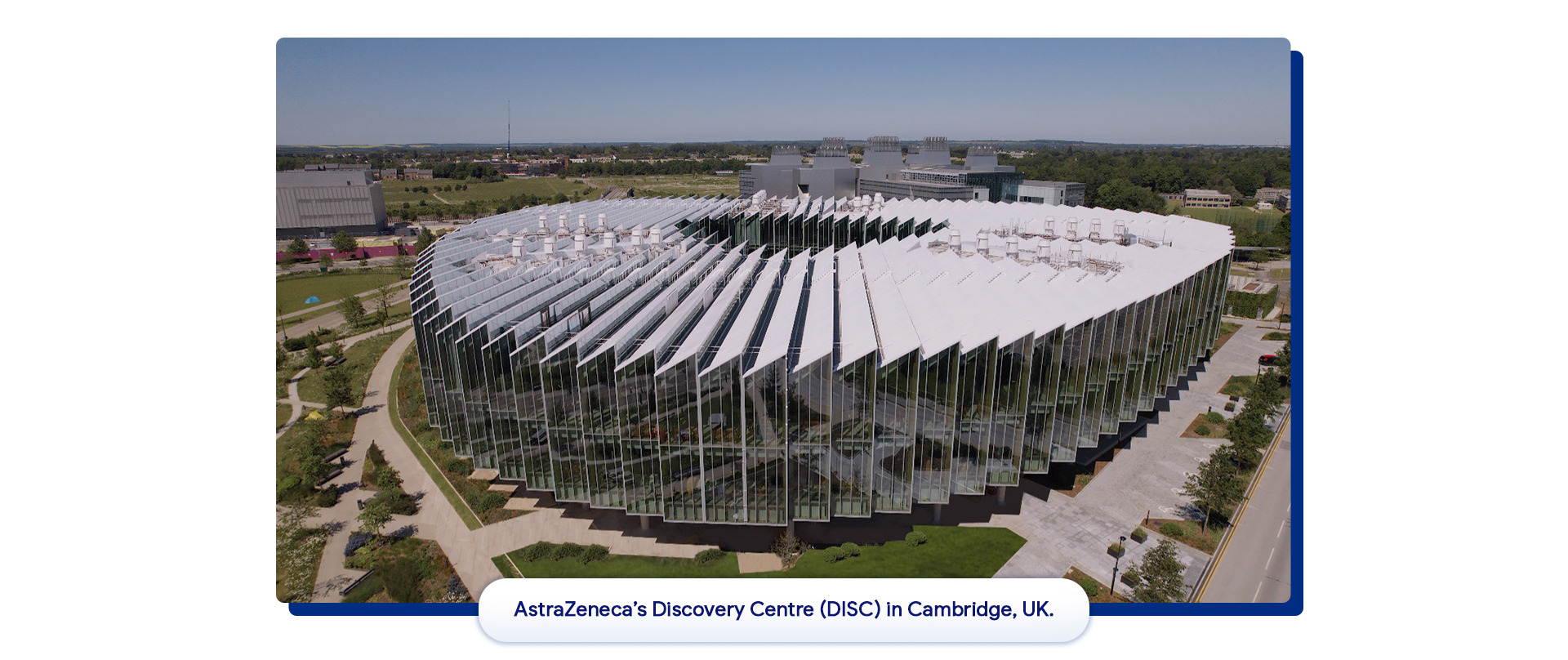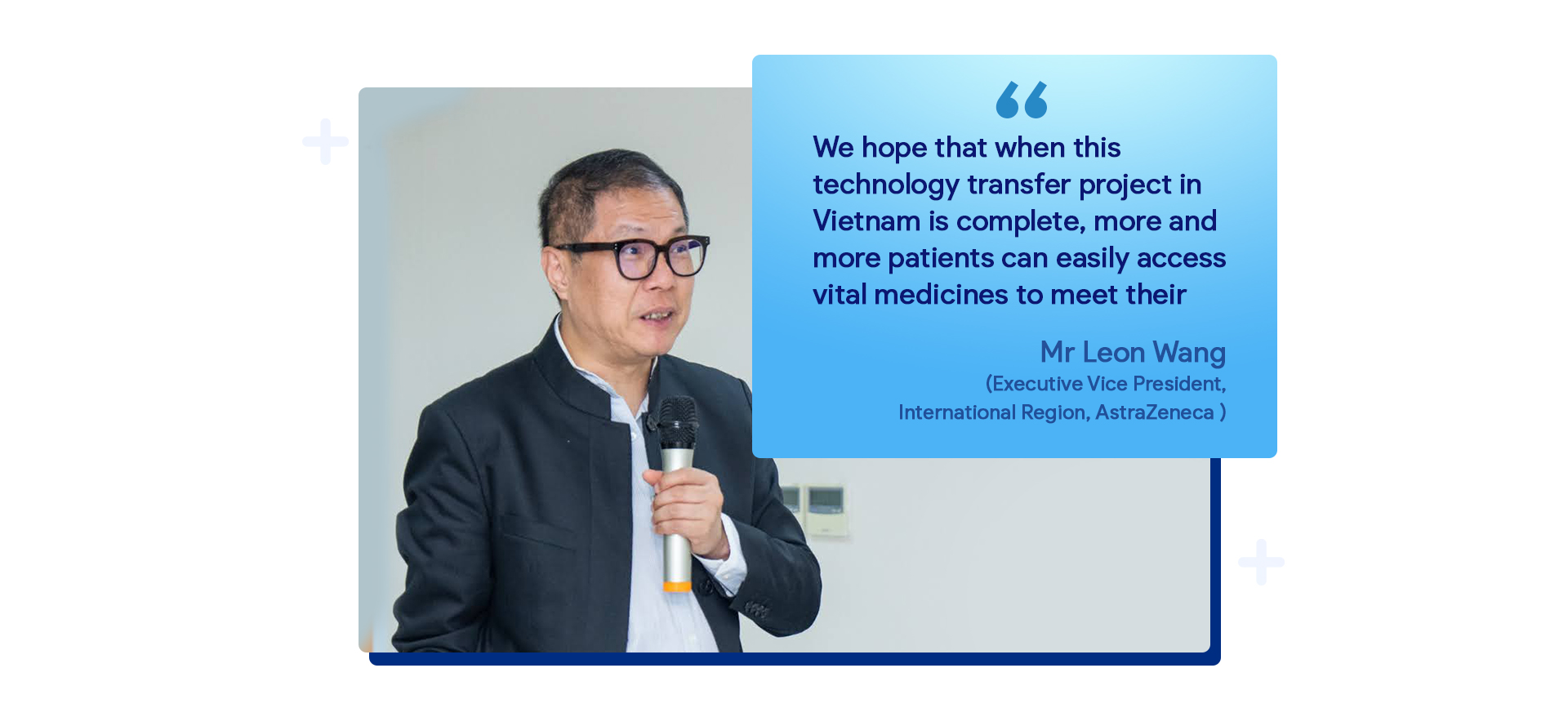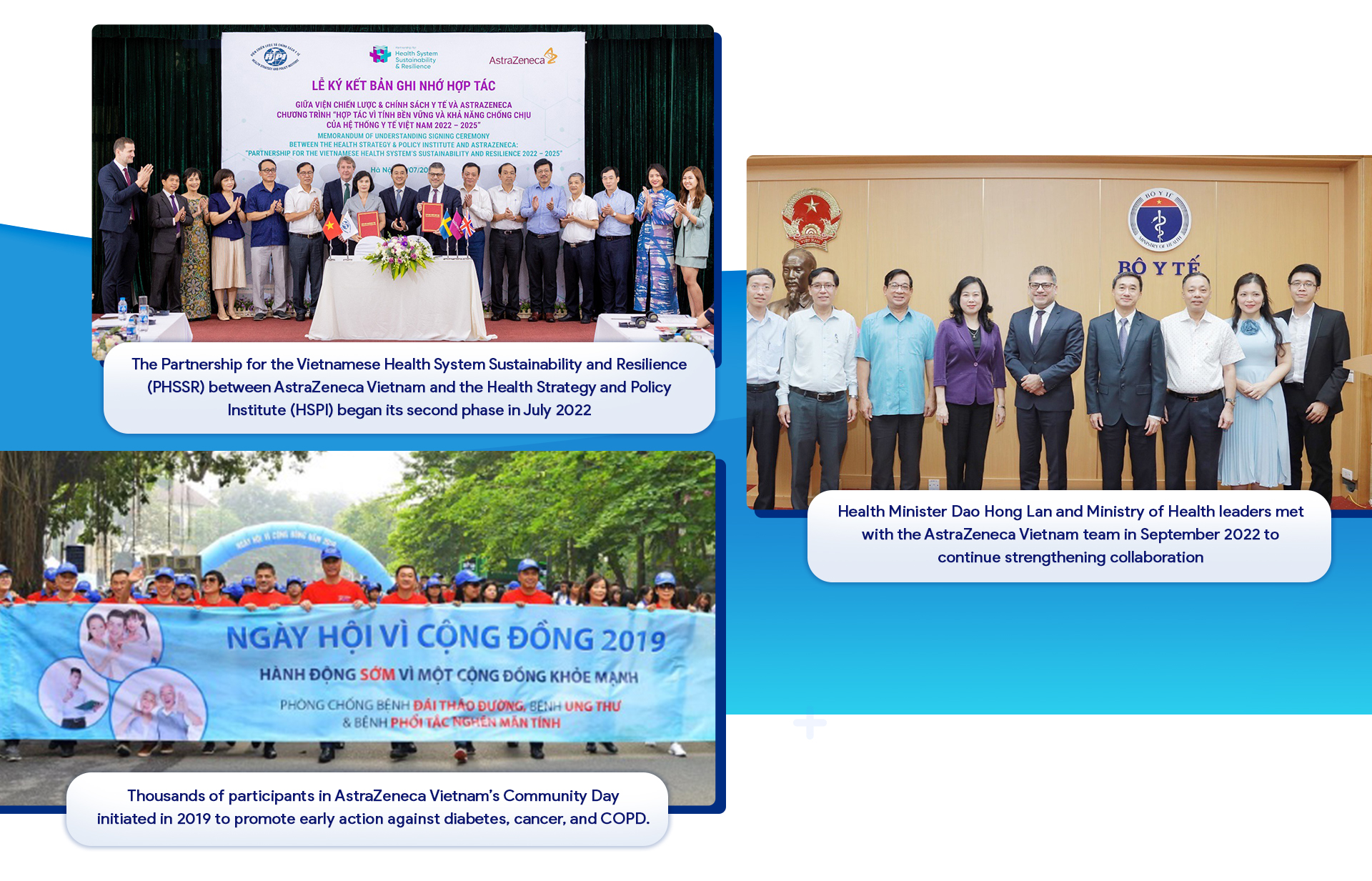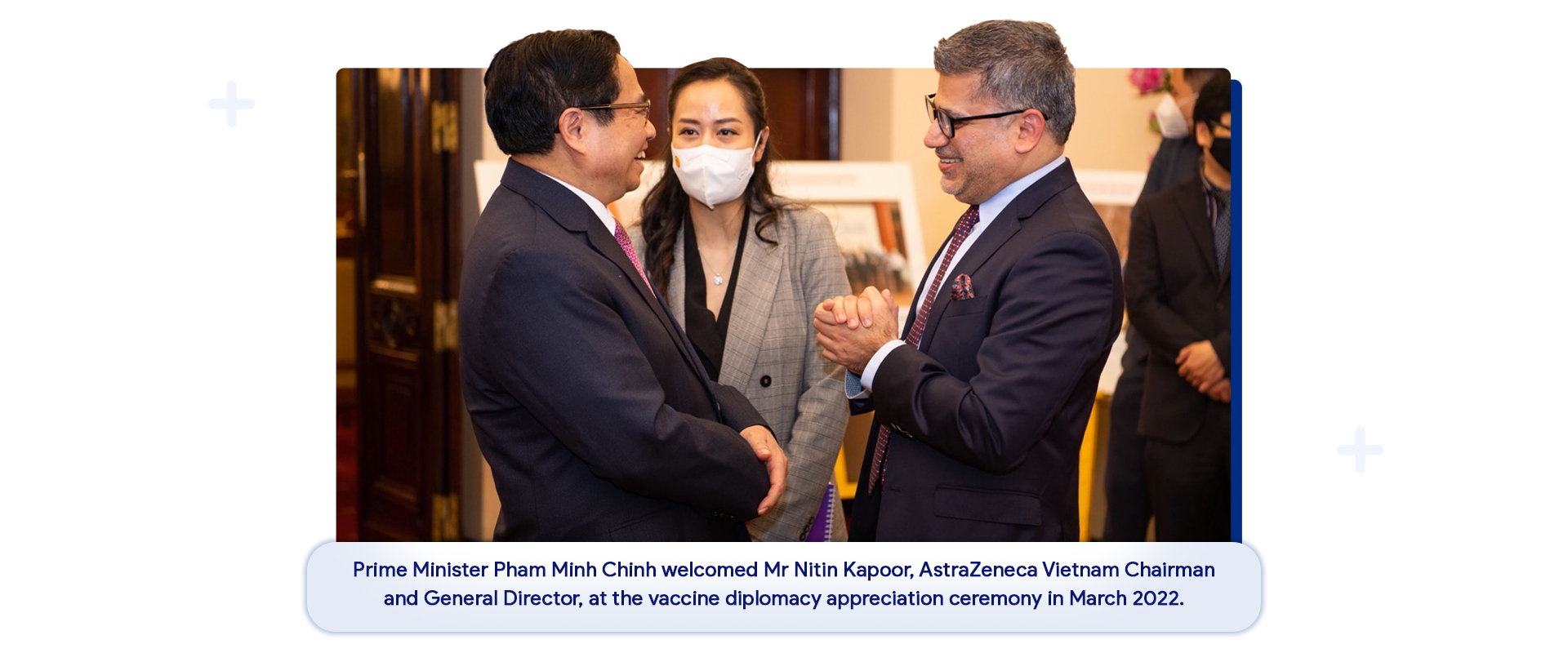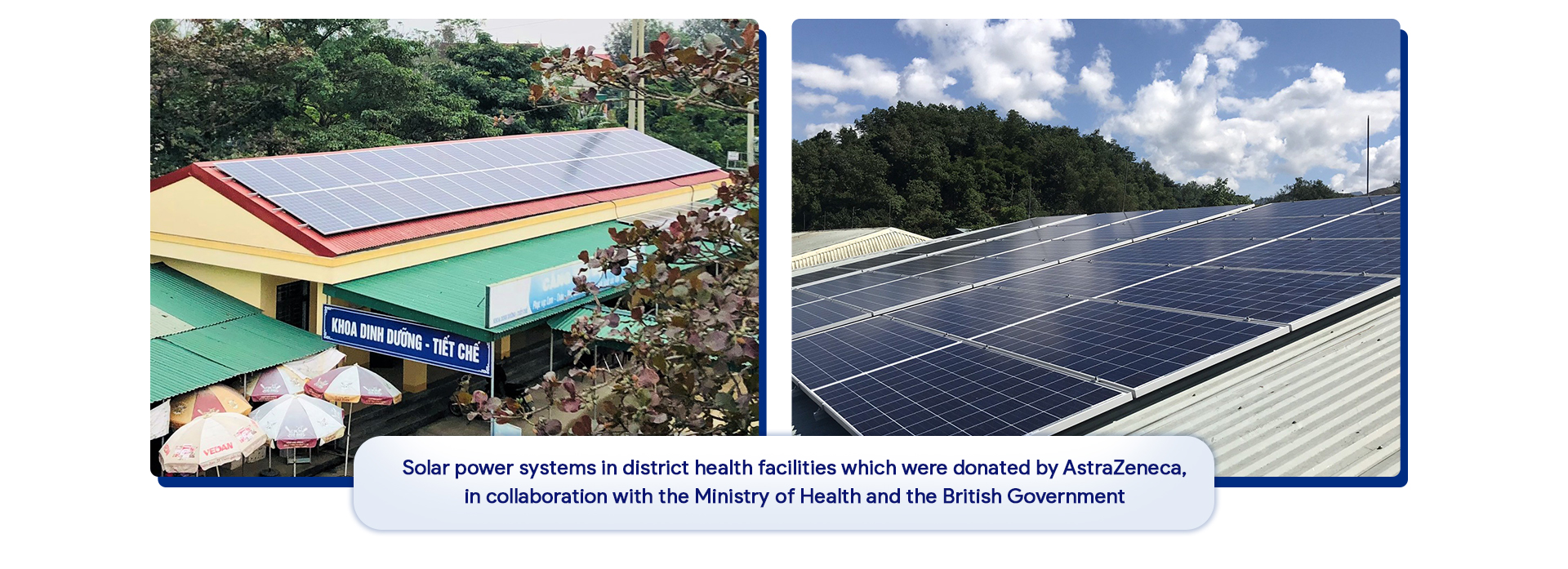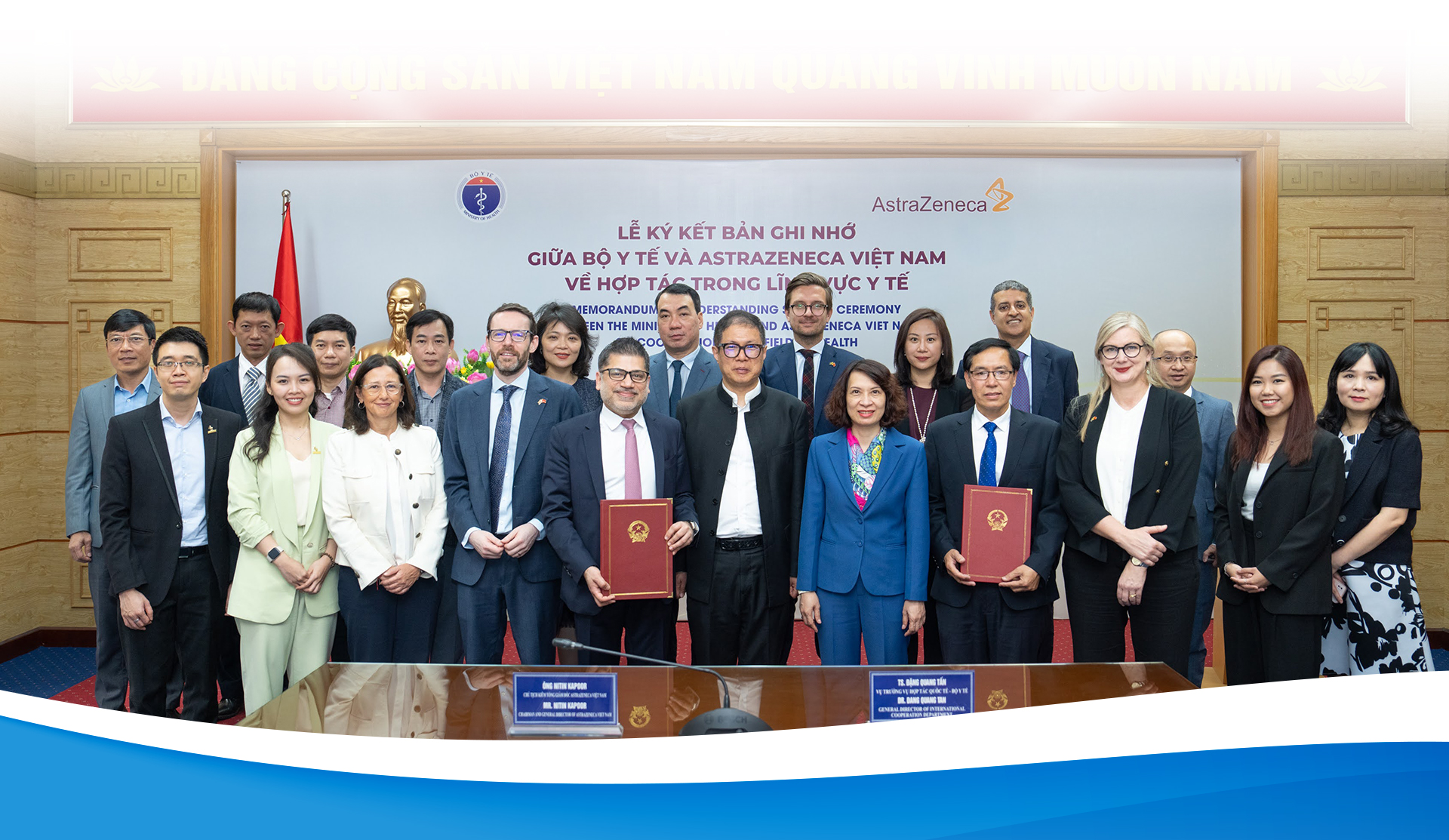On the heels of the new partnership announcement between AstraZeneca Vietnam and the Ministry of Health, Tuoi Tre (Youth) newspaper has spoken to Leon Wang, Executive Vice President of AstraZeneca International, and Nitin Kapoor, Chairman and General Director of AstraZeneca Vietnam, about the company’s ambitious plans for expansion and sustainable development collaborations in Vietnam.
Could you tell us about the Memorandum of Understanding (MoU) signing ceremony between AstraZeneca and the Ministry of Health on March 8th? What are the key highlights in this MoU?
Leon Wang:
AstraZeneca Vietnam and the Ministry of Health signed a MoU to partner on holistically enhancing healthcare for the benefit of Vietnamese people.
In the next five years from 2023 to 2028, we will boost cooperation in disease prevention and control, pharmaceutical research, development and manufacturing, and sustainable health system development.
Our team here and across the world remain committed to building a sustainable future with Vietnam, and the MoU today is a historic milestone on this meaningful journey.
|
|
Nitin Kapoor:
Following the guidance of Prime Minister Pham Minh Chinh at his meeting with AstraZeneca CEO, Sir Pascal Soriot, last May, we are launching this holistic partnership to start a new chapter in nearly three decades of collaboration between the Vietnamese Ministry of Health and AstraZeneca. We appreciate the continued support of the Ministry and look forward to joining hands to improve patients’ lives and help Vietnam’s health sector become more equally, effectively, and globally integrated.
As AstraZeneca approaches its 30th anniversary of operating in Vietnam, the company has announced its intentions to transfer advanced technology for medicine manufacturing to the country. Could you please provide more details on how this will be implemented?
|
|
Nitin Kapoor:
From now until 2030, AstraZeneca is investing up to two trillion VND (US$90 million) to develop Vietnam’s domestic manufacturing capabilities and expand patients’ access to high-quality, locally made medicines.
This investment will enable production of three AstraZeneca medicines, making Vietnam the first Southeast Asian country where we will manufacture key medicines for the treatment of non-communicable diseases (NCDs).
Since the announcement in late 2021 in Glasgow, UK, witnessed by the Prime Minister, we have appointed a local contract manufacturing partner and are actively working with them to transfer the necessary technology and knowledge to ensure producing high-quality products in line with our global standards. We hope to be able to supply made-in-Vietnam medicines for Vietnamese patients within a few years.
Leon Wang:
Vietnam is one of our key markets, not only at the regional level but also at the global level. The investment for technology transfer and local contract manufacturing complements our ongoing 5 trillion VND ($220 million) investment into Vietnam for the 2020 - 2024 period, which was announced during the Vietnam delegation’s high-level visit to AstraZeneca’s manufacturing site in Sweden in 2019.
Headquartered in Cambridge, UK, we operate in over 100 countries and have 28 manufacturing sites in 16 countries. Our innovative medicines are used by millions of patients around the world whilst our COVID-19 vaccine was estimated to have saved over six million lives in the first year of roll-out, including over 232,000 lives in Vietnam. We hope that when this technology transfer project in Vietnam is complete, more and more patients can easily access vital medicines to meet their medical needs.
|
|
In previous discussions with the media, AstraZeneca has highlighted its commitment towards caring for patients suffering from chronic non-communicable diseases (NCDs). Could you please provide more information on the specific diseases that AstraZeneca is focusing on, and what steps the company plans to take to improve treatment quality?
|
|
Leon Wang:
Although infectious diseases such as COVID-19 understandably consumed a lot of our attention, NCDs are actually the leading causes of death and account for over 70 percent of the disease burden in Vietnam.
Therefore, for many decades, we have pushed the boundaries of science to deliver innovative medicines to treat and improve the lives of patients who struggle with diseases such as cancers, heart, kidney and metabolic diseases, as well as respiratory and gastrointestinal diseases. In the last two years, we have also expanded our portfolio to also include preventions and treatments for rare diseases and infectious diseases.
Nitin Kapoor:
Since 1994, we have run various collaborations with the Ministry of Health, hospitals, medical societies and other healthcare partners to fight NCDs, which are sometimes called "silent killers." Following this MoU, AstraZeneca will advance the implementation of our ongoing and new programmes to promote disease awareness, prevention, and early detection.
Amongst them are the Healthy Lung Program to improve the diagnosis and management of asthma, COPD, and lung cancer; Young Health Program to help youths build a healthy lifestyle and prevent non-communicable diseases; and CAREME programme to transform the cardiovascular-renal-metabolic care ecosystem.
|
|
In the scope of the MoU, you also mentioned partnering with the Ministry of Health to sustainably develop the health system. Could you please explain what that will entail?
|
|
Nitin Kapoor:
As we have witnessed, the COVID-19 pandemic as well as climate change has highlighted the importance of protecting and building resilient and sustainable health systems. It is a common goal that requires the cooperation of public-private, intersectoral and multinational partners.
AstraZeneca is cooperating with the World Economic Forum, London School of Economics, and the Health Strategy and Policy Institute, the Vietnam Ministry of Health, in the Partnership for Health System Sustainability and Resilience (PHSSR), to holistically reinforce the Vietnamese health system and prepare it for future challenges. We have entered phase II of this meaningful program since last year and hope to share concrete results in the coming years.
In addition, AstraZeneca has collaborated with the Ministry of Health and the British government to donate solar power systems to district health facilities, contributing to protecting the environment and providing a stable source of electricity through green energy. We will continue strengthening cooperation in this area to help Vietnam reduce the impact of climate change and preserve the planet for our future generations.
|
|
Leon Wang:
At AstraZeneca, we believe that we have a responsibility to innovate and accelerate the delivery of sustainable healthcare in order to ensure a brighter future. We were one of the first seven companies to have climate strategy verified to the new science-based Net Zero Corporate Standard. Through our flagship Ambition Zero Carbon program, we are on track to deliver deep decarbonization across the value chain.
Climate change is increasing levels of ill health, including a rise in chronic conditions. The healthcare sector is also a significant contributor to climate change, responsible for approximately 4 percent of global greenhouse gas (GHG) emissions. We hope to see more companies and organizations joining hands to address this urgent matter and remain committed to supporting Vietnam to build a sustainable health system and future.
|
|



